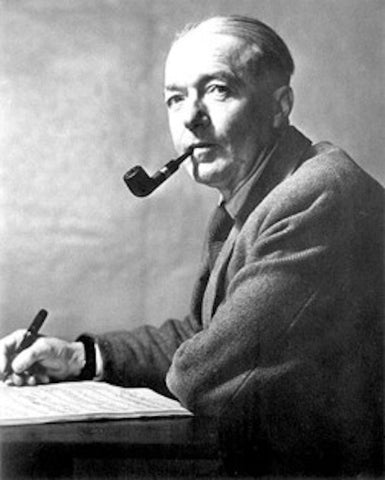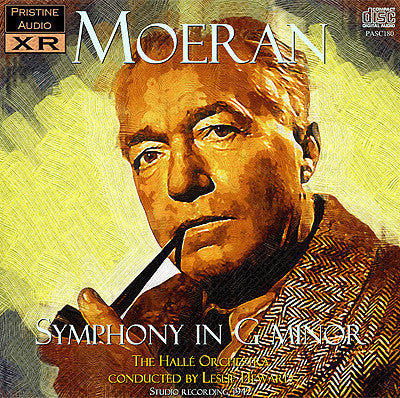Moeran

Ernest John Moeran (31 December 1894 – 1 December 1950) was an English composer who had strong associations with Ireland (his father was Irish, he spent much of his life there, and he died there).
His first mature compositions, songs and chamber music, date from 1919 onward. He also began collecting and arranging folk music of Norfolk and other regions. He collected about 150 folk songs in Norfolk and Suffolk. His preferred method was to sit in a country pub and wait until an old man started singing. He noted the song down and then asked for more. According to the biography The Music of E. J. Moeran by Geoffrey Self (1986), he spent time living with gypsies, but no further details are available. He spent some time after the war living at Kington, Herefordshire.
By the mid-1920s, Moeran had become close friends with Peter Warlock and they lived for some years in Eynsford, Kent, notorious among the locals for their frequent drunken revelry. For the rest of his life, Moeran had problems with alcohol, later joined by mental instability. After Warlock's death in 1930, Moeran became interested in his Irish roots and began spending much of his time in Kenmare, County Kerry.
As a person, E. J. Moeran was greatly influenced by a number of people. However, it was the time spent with Peter Warlock in Eynsford that had the greatest impact on his life. While Warlock was seemingly capable of drinking alcohol to excess without any apparent long-term effects, Moeran developed a dependency which handicapped him for the remainder of his life. His later problems have been attributed to his war wound to the head, but this is incorrect. By 1930, Moeran had become an alcoholic.
Although English and middle-class, Moeran was at ease in a bar surrounded by local characters from local farms. Indeed, until 2007, "Moeran's Bar" at the hotel in Kenmare where he lived was named after him. He was looked on with affection by all who knew him, and his gauche, bumbling personality belied a very sharp-witted character who was quick to learn and take up new approaches to music. He also had an encyclopaedic knowledge of trains and train timetables.
He married the cellist Peers Coetmore on 26 July 1945.[2] Although the marriage was not entirely happy, it inspired two of Moeran's finest late works, the Cello Concerto and Cello Sonata.
He died suddenly in 1950, probably from a cerebral haemorrhage, in Kenmare at the age of 55. He was found in the Kenmare River and it was at first assumed he had drowned. However, an inquest later established that he had died before falling into the water.

Moeran
Ernest John Moeran (31 December 1894 – 1 December 1950) was an English composer who had strong associations with Ireland (his father was Irish, he spent much of his life there, and he died there).
His first mature compositions, songs and chamber music, date from 1919 onward. He also began collecting and arranging folk music of Norfolk and other regions. He collected about 150 folk songs in Norfolk and Suffolk. His preferred method w...
MOERAN Symphony in G minor
Recorded in 1942
Total duration: 43:25
Hallé Orchestra
conducted by Leslie Heward

